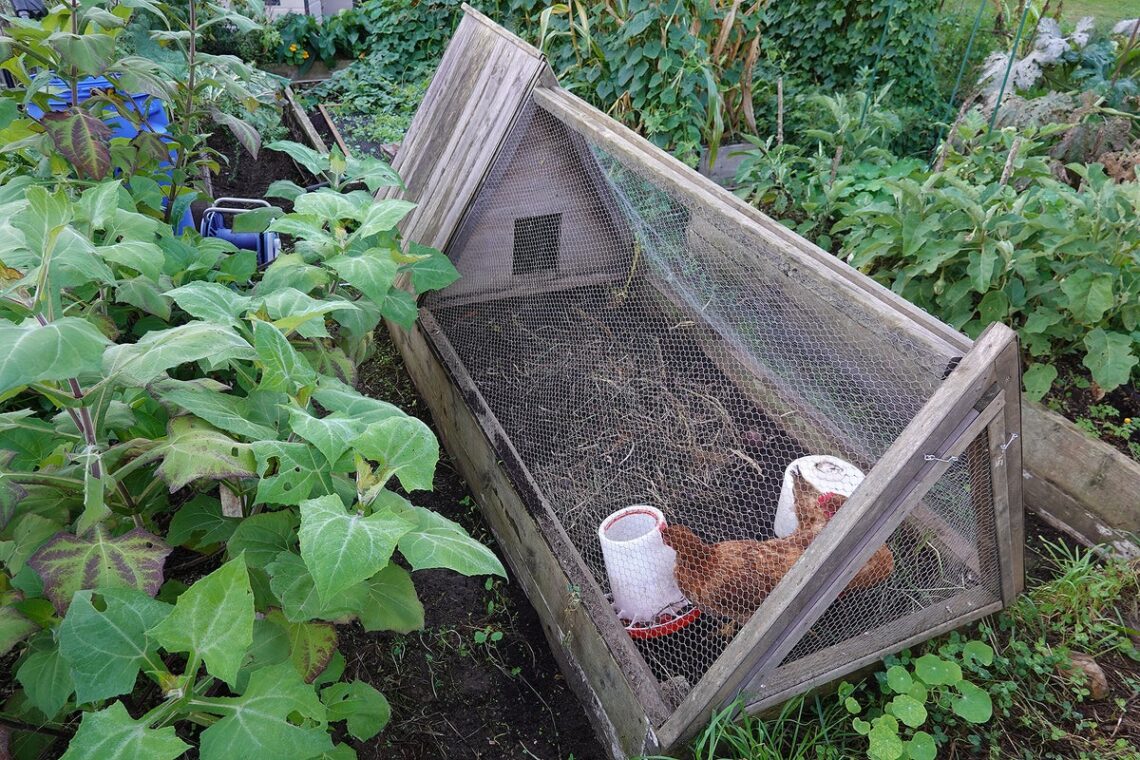With avian influenza blowing up egg prices and killing chickens around the country at an alarming rate, the U.S. Department of Agriculture recently announced a strategy to combat outbreaks. The $1-billion dollar plan will primarily aid poultry farmers—but it will also reduce regulations on backyard coops to alleviate pressure on the egg industry. Meanwhile the virus continues to infect cattle and other animals, including cats and rodents.
Where does that leave people with pets or backyard chickens? Scientific American spoke with experts about managing bird flu risks for animals and their owners.
What pets are at higher risk for bird flu?
On supporting science journalism
If you’re enjoying this article, consider supporting our award-winning journalism by subscribing. By purchasing a subscription you are helping to ensure the future of impactful stories about the discoveries and ideas shaping our world today.
The current circulating strain of highly pathogenic H5N1 avian influenza is particularly deadly in cats—around two thirds of those infected will die, says Jane Sykes, a veterinarian at the University of California, Davis, who specializes in infectious diseases in cats and small dogs. Dogs can be infected as well, but they seem to be more resistant to getting ill. “If dogs were as susceptible as cats, we would have seen it by now,” Sykes says.
Eating raw food amplifies a pet’s risk, Sykes says, because that can expose them to meat that is contaminated with bird flu or other pathogens. Animals that live on dairy farms or that have access to unpasteurized milk also have elevated risk because research has found raw milk from infected cows has very high levels of the virus. Likewise, cats and dogs living on a poultry farm or with backyard chickens are more likely to be exposed to the virus.
How can owners keep their pets safe?
Keeping cats indoors greatly limits their exposure to wild birds and bird feces, both of which can carry the virus. Feeding pets…
Read the full article here

